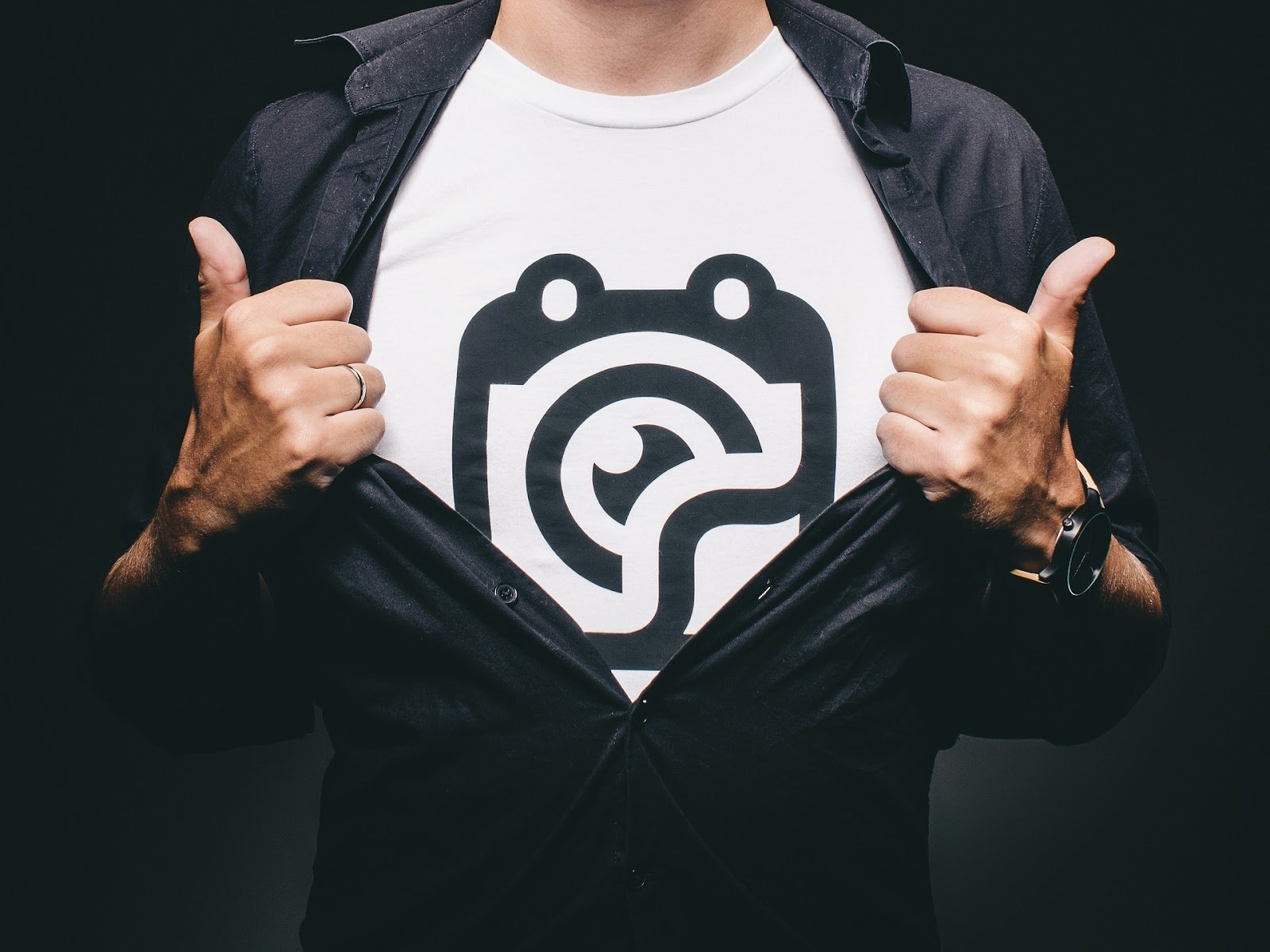Machines You Need to Make Custom T-Shirts
The humble T-shirt is the most recognized and widely available type of clothing today. It is easy to create, easily washable, and customizable to the wearer’s content. Thus, it is little wonder that the total T-shirt market worldwide in 2018 was worth $206.12 billion, with a projected CAGR of 6%. It is a perfect example of something small making a large impact.
This market potential has many players vying to get into the T-shirt making business. Recent technological advances have made it very easy and relatively affordable for anyone to start it. All you need is a machine to make shirts, equipment to create and print designs, and you are good to go.
Getting the Tools of the Trade
Making T-shirts is a multi-step process, and many of those steps involve machines doing much of the work. Very little input is required from people, except during the design phase of the T-shirt style and logo. A machine to make shirts is now cheap and small enough to fit inside a room, so you can easily get started with your custom T-shirt business.
Pre-Treatment Machines
When printing T-shirts with white ink, you need a bit of prep work and pre-treatment machines to prepare the garment. This machine applies a consistent amount and density of solution on the fabric before printing. You can also use the same machines to apply anti-migrants to create stunning designs on wicking or synthetic garments.
Embroidery Machines
Custom t-shirts with embroidered logos or patterns are a big hit among all. So, why not invest in a smart device that allows fast and beautiful embroidery in single or varied colors? When looking for the best embroidery machine, go for an appropriate hoop size, preferable for the one with 5”X7” or larger. This way, you can create embroidered designs in any size without worrying about re-hooping again and again to cover the whole pattern.
Besides, you’ll need threads in different colors, some needles, embroidery design files, and the right stabilizer to prevent overstretching of the fabric while printing. A multi-head machine works great for commercial productions.
Printers
Custom design means printing the desired image, text, pattern, etc., suggested by the customer on their T-shirt. This is done with printers’ help, similar to those used to print hard copies of documents and images from computers.
There are typically four types of printers used to print logos: Inkjet, Laser, Sublimation, and Solvent. Of these, the solvent type is the most expensive and is generally found in medium-sized businesses. Its initial and operational costs can be too much for small businesses.
Inkjet and laser printers are the most common ones used by small businesses. They offer speed in printing, versatility in using any color, and mobility to move around your facility.
Sublimation printers can directly print ink-laden graphics onto T-shirts, permanently. It works with a dye-based ink that converts into gas upon heating and back to solid on cooling. As a result, the print feels soft and breathable.
Solvent printers have inks containing organic solvent pigments in them, which are heated and pressed onto the shirt to lay down the print.
Cutting Machine
Stencils will have to be created for screen printing needs and cut according to shape and size, which can be done by cutters very accurately and swiftly. They are accompanied by software that is used to program them to cut any design you want.
Heat Press
If using an inkjet or a laser printer, the custom design first goes on paper. That paper is then cut and inserted into a heat press along with the T-shirt to imprint the design on it. The ink will bond with the fabric due to the extreme heat and pressure, giving the print.
A 16”x20” size heat press can get the job done, as it accommodates the most popular shirt sizes. Several presses can be purchased to get the job done quickly, as heat pressing can take a few moments to render better results.
Internal Server Farm or Cloud-Based One
eCommerce is the new norm, thanks to its high-profit margins and unlimited reach. Both of these are ideal for a small T-shirt business, meaning it will need a website and an app through which customers can customize their T-shirts. The business must have a digital infrastructure for the same.
This can be done by having an internal server providing the service. Alternatively, a cloud service can be subscribed to for hosting and operating the website and app.
T-shirts are an expression of one’s identity, and machines to make shirts help strongly stamp that unique identity onto their custom T-shirts.

